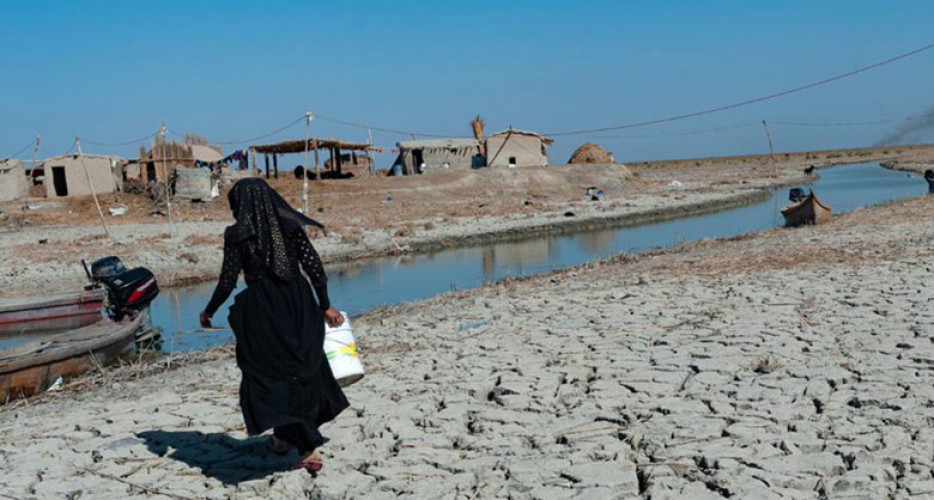
Peregraf- The Ministry of Water Resources announced that the framework agreement signed with Turkey includes six major projects focused on water harvesting and land reclamation, stressing that these initiatives are central to Iraq’s efforts to tackle worsening water scarcity.
Khalid Shamal, spokesperson for the ministry, said on Wednesday that three of the projects are water harvesting dams designed to collect and conserve water, protect rural areas from flash floods, and support agriculture and pastures. The remaining three projects will focus on land reclamation.
According to Shamal, the dams will each hold reserves between five and ten million cubic meters-enough to meet the needs of surrounding areas-and will be built in remote regions away from major water sources. “These dams will secure water, protect villages from flooding, and enhance agricultural productivity,” he explained.
Shamal described the recent visit of an Iraqi ministerial delegation to Ankara as positive, emphasizing that the water file has now been elevated to a sovereign priority. He said Iraq formally requested Turkey to increase releases from the Tigris and Euphrates rivers to 500 cubic meters per second each, with expectations that inflows could soon reach one billion cubic meters.
On October 10, Iraqi Foreign Minister Fuad Hussein and his Turkish counterpart Hakan Fidan announced that both countries had reached an urgent understanding on water management. Hussein said the agreement reflects the depth of bilateral ties and Baghdad’s commitment to finding long-term solutions, while Fidan acknowledged Turkey’s own struggles with declining resources and called for a joint strategy to address the crisis.
The agreement comes as Iraq faces one of its worst water years in nearly a century, threatening agriculture, livelihoods, and economic growth. Experts warn that the country’s dependence on the Tigris and Euphrates—both originating outside its borders—makes regional cooperation essential.
A Peregraf investigation earlier this year revealed severe water mismanagement in the Kurdistan Region, long considered Iraq’s main reservoir. The report documented the drying of more than 1,650 springs, a 500-meter drop in groundwater levels in Erbil since the 1990s, and dangerously low reserves at the Dukan and Darbandikhan dams.
Water experts caution that without decisive reforms, Iraq risks agricultural collapse and irreversible desertification. “If no action is taken, both surface and groundwater are at risk,” warned Dr. Abdullah Botani, a water resources specialist. Analyst Sarmad Latif added, “Iraq now ranks among the lowest globally in water security. The future is bleak unless strategic planning begins immediately.”